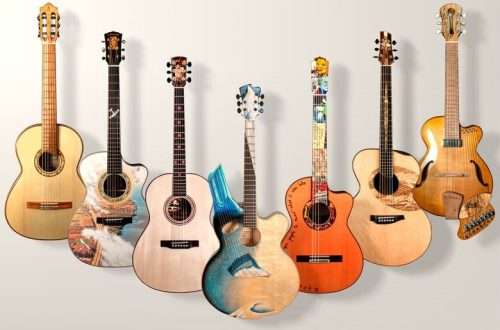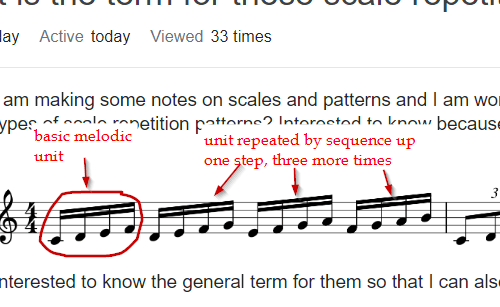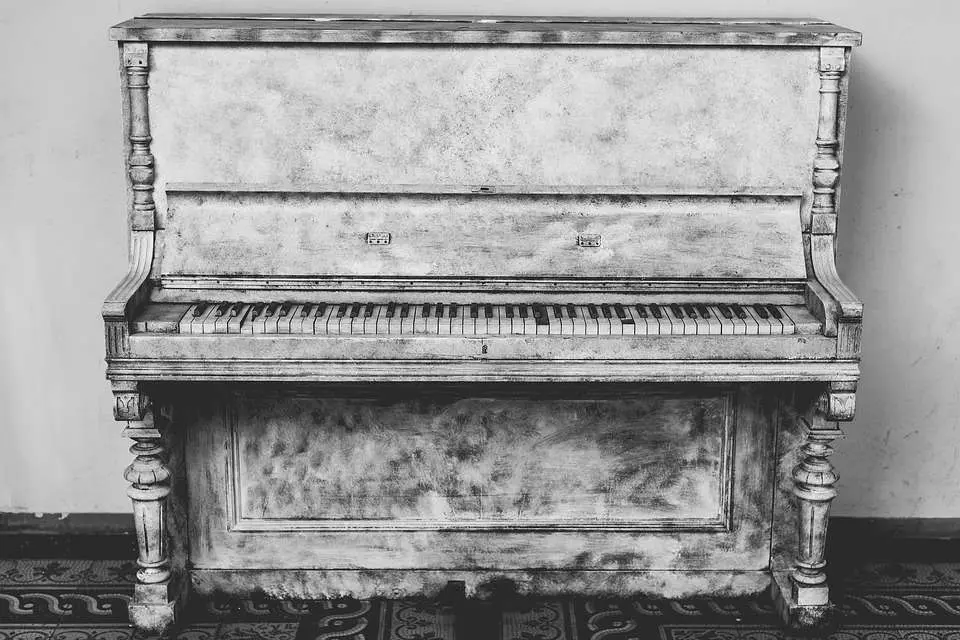
The perfect instrument?

I started the previous article by listing several types of keyboards. When buying an instrument, we choose it for various reasons. Some may like the appearance, color, others the brand, yet another type of keyboard (its comfort, “feel”), instrument functions, dimensions, weight, and finally the sounds that can be found inside.
We could discuss which of these elements is the most important and it might turn out that everyone will give a different answer, because we are different as people and as musicians. We are at different stages of our musical path, we are looking for different sounds, we checked different brands, we have different requirements for the mobility of the instrument, etc. Classifying these features and saying that some are more important than others obviously makes sense, because we should prioritize to choose the right instrument however, we must remember that there is no one great way, just as there is no one best brand.
When looking for an instrument, we should answer a few questions:
– Do we want an acoustic or an electronic instrument?
– What kind of sound are we most interested in?
– Will the instrument only be at home or will it be transported frequently?
– What kind of keyboard do we want?
– Do we want a lot of functions and sounds at the expense of their quality, or rather a few, but very good quality?
– Will we connect the instrument to the computer and use virtual plug-ins?
– How much money do we want / can spend on the instrument?
There are different types of keyboard instruments, the simplest division is:
– acoustic (including pianos, pianos, accordions, harpsichords, organs),
– electronic (including synthesizers, keyboards, digital pianos, organs, workstations).
Acoustic instruments offer us few kinds of sounds, they are heavy and not very mobile, but they look great due to their (usually) wooden construction. If I ended there, I would probably be lynched by the supporters of these instruments :). However, their sound (depending on the class and price of course) is irreplaceable and… true. It is the acoustic instruments that are the unsurpassed model of sound and none, even the best digital emulations can match it.
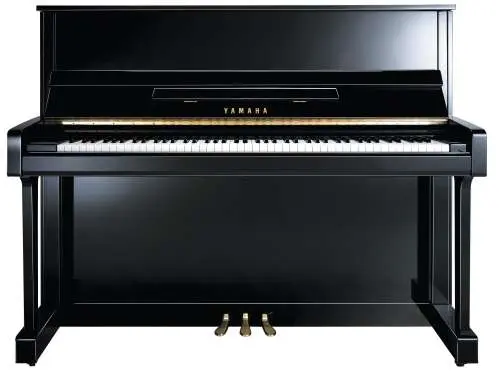
On the other hand, electronic instruments often offer hundreds or thousands of different sounds, ranging from acoustic keyboard simulations, through all other instruments – strings, winds, percussions, and ending with various synthetic sounds, pads and fx effects. The colors themselves do not end here, the so-called comba’s, or workstations, also offer a wide selection of ready-made drum rhythms, even complete arrangements per ensemble. MIDI processing, creating your own sounds, recording, playback and probably a whole lot of other options. Connecting instruments to a computer via USB is practically a standard, even in the cheapest options.
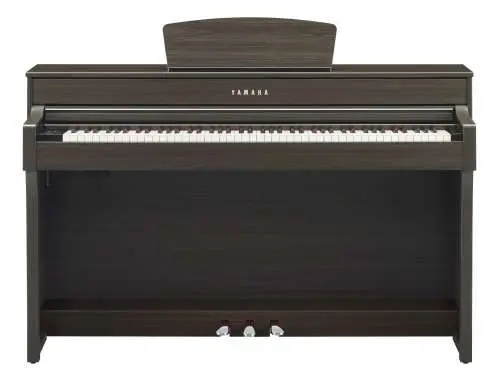
Probably some of you noticed an important deficiency in the content of the article, namely control keyboard. It was not mentioned before. I did this on purpose to separate this product from the instruments. It is a very useful tool with extensive functions and wide possibilities. Recording, music production, live performance – these are the situations where control keyboards are used and this makes them very versatile. Such keyboards are connected either with the computer or with sound modules, so the colors / sounds come from the outside, and the keyboard (in conjunction with potentiometers, sliders on it) is only controlled. It is for this reason that I did not include control keyboards as instruments, but their market share is constantly growing and it is impossible not to mention this useful tool.
I hope that I helped you a little and now the search for your dream instrument will become a bit more conscious, and the results will bring you a lot of joy and use. Personally, I think that if you have a dream instrument, and after this article you think that the reason for choosing it was too trivial, don’t worry about it, if it causes you to be more involved in exercise and development, then you definitely need to take advantage of it! However, always revise your choices, come to the store, play on a few similar models, it may turn out that after a moment of contact with the instrument, you definitely prefer something else (maybe slightly more expensive, or maybe cheaper) – an instrument that will inspire you!



